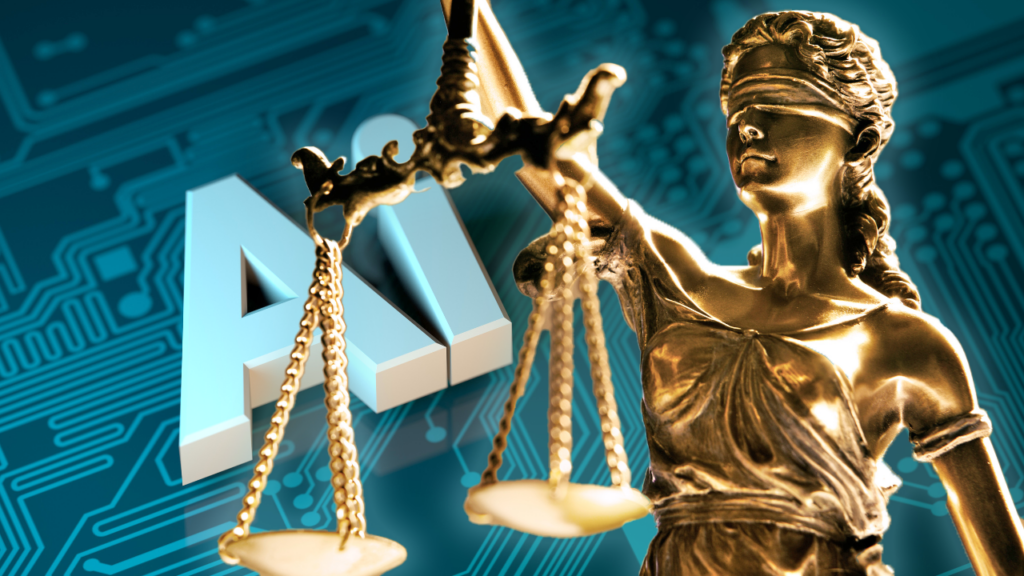
AI’s Leap into Law: Legal AI Assistants Enter the CourtroomAI’s Leap into Law: Legal AI Assistants Enter the Courtroom Artificial Intelligence (AI) has made significant strides in transforming various industries, and its impact is now being felt in the legal profession. Legal AI assistants, powered by advanced machine learning algorithms, are stepping into the courtroom, wielding the potential to revolutionize the practice of law. Streamlined Legal Research and Analysis One of the most significant benefits of AI in the legal domain is its ability to streamline legal research and analysis. Legal AI assistants can sift through vast amounts of case law, statutes, and regulations in a matter of seconds, identifying relevant cases and predicting potential legal outcomes. This not only saves lawyers valuable time but also enhances the accuracy and precision of their legal arguments. Case Prediction and Risk Assessment Legal AI is also being used to predict the outcomes of legal cases and assess risks. By analyzing historical data and applying advanced statistical techniques, AI algorithms can provide probabilistic estimates of the likelihood of success or failure in various legal scenarios. This information empowers lawyers to make informed decisions and develop more effective litigation strategies. Enhanced Document Review Document review is a time-consuming and often tedious task in legal proceedings. Legal AI assistants automate this process by using advanced natural language processing (NLP) techniques to analyze and extract relevant information from legal documents. This not only reduces the time it takes to review documents but also improves the accuracy and consistency of the review process. Automated Legal Drafting AI-powered legal assistants can also help lawyers draft legal documents such as pleadings, contracts, and wills. These algorithms can generate well-written and legally compliant documents based on user-defined parameters. Automating the legal drafting process streamlines workflow and allows lawyers to focus on more strategic tasks. Ethical Considerations While AI offers immense potential in the legal field, it also raises important ethical considerations. It is essential to ensure that AI assistants are unbiased and transparent in their decision-making processes. The potential for algorithmic bias and the need for human oversight must be addressed to maintain the integrity of the legal system. Conclusion The advent of AI in the legal profession marks a transformative era. Legal AI assistants are revolutionizing the way lawyers conduct research, analyze cases, and draft legal documents. As AI technology continues to advance, we can expect even more innovative and disruptive applications that will further shape the practice of law. However, it is crucial to navigate the ethical implications and ensure that AI assists and complements human judgment, fostering a future where technology and legal expertise work harmoniously to improve access to justice and enhance the efficiency of the legal process.
Posted inNews